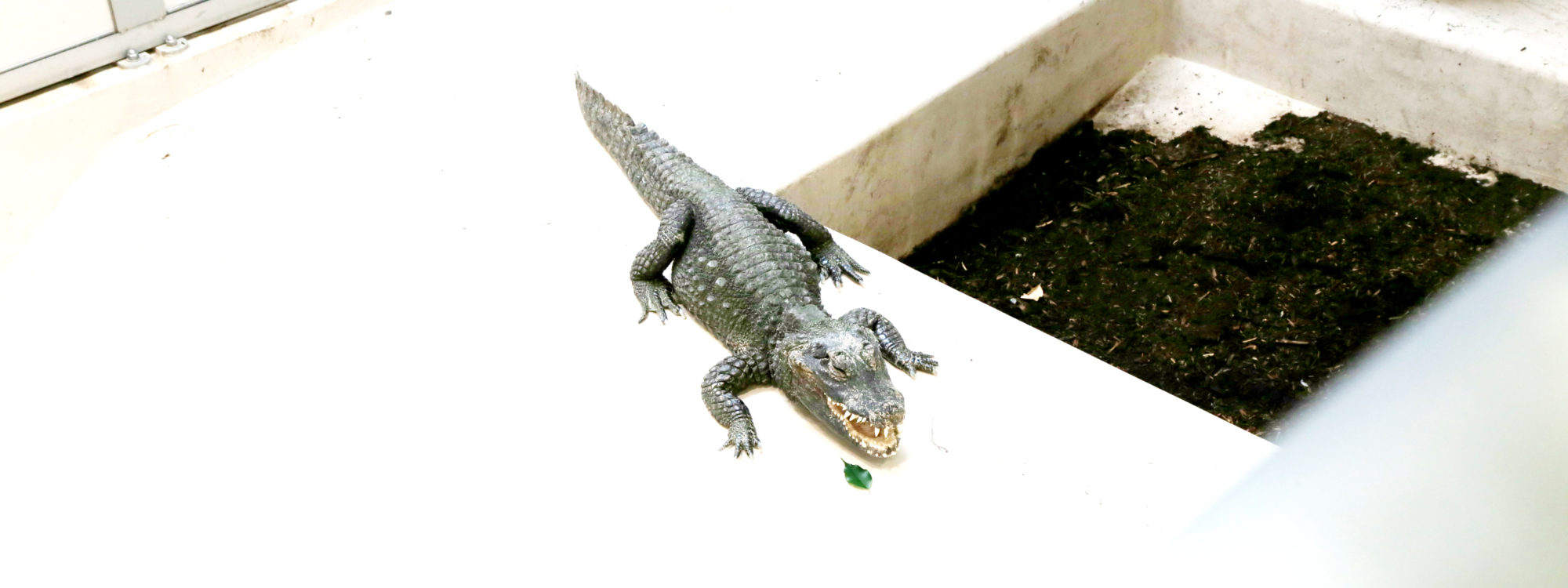以前の提出した日記になるのですが、覚えておきたい表現があるため残しておきます。
まずは日本語。
| 3週間ぐらい日記を書いてなくて、自分に失望した。実際忙しかった上に、税金の問題で市役所と対応しないといけないこともあった。でもそうしようと思えば日記は書けたはずで、結局先延ばしにしていただけだ。再度書くきっかけとなったのはフルーツフルイングリッシュ からのメールマガジンだった。それにはゲーテの文章がいくつか引用されていて、「1日たりとも無駄にしてはいけない」という言葉があった。それを読んだ時に再びやる気になった。努力し続けることが一番大事だということを忘れないようにしたい。 |
提出分と添削と解説
|
I haven’t written my diary for about three weeks, so I was disappointed by myself. I have been indeed busy at work and had some tax problems to take care of (A)a city office. I haven’t written my diary for about three weeks, so I was disappointed by myself. I have been indeed busy at work and had some tax problems to take care of (A)at a city office. (A)at a city office「市役所で」ということだと思いますので、前置詞atを補いました。 (B)However, I had some time to work on a diary if I decided to do so, but I didn’t. In short, I procrastinated to write a diary. The (C)chance to write it again is the mail magazine from FruitsfulEnglish today. (B) I had some time to work on a diary if I decided to do so, but I didn’t. In short, I procrastinated to write a diary. The (C)trigger to write it again is the mail magazine from FruitsfulEnglish today. (B)Howeverを削除この文章には逆説のbut「しかし」もあり、しかし、~、しかし~と続くのは不自然に感じました。文脈上、このhoweverは不要であるようにおもいました。 (C)「きっかけ、誘因、要因」triggerを使うのがベターだと思います。chanceは「機会」です。また、triggerは「~の引き金になる」という動詞でもあり、
It quoted some sentences from Goethe. It says “You should not (D)waste even for a (E)day.” When I read it I (F_)was feeling(_F) motivated again. I should not forget that the most important thing is to keep making an effort. It quoted some sentences from Goethe. It says “You should not (Dlose even for a (E)single day.” When I read it I (F_)got(_F) motivated again. I should not forget that the most important thing is to keep making an effort. (D)「一日だって、むだに過ごしてはいけません。」私でしたら、 I cannot live without you even for a single day. (F)「またやる気が出た」やる気がでる、動機づく get motivated motivatedは「動機づいている」という状態をあらわす動詞ですので、「動機づく」という動作をあらわすためには、getを一緒に使います。was feeling motivatedという表現も、「やる気を感じていた」という状態をあらわすので△です。 |
最後にインストラクターの方から、英語で格言は「quote」と教わりました。


